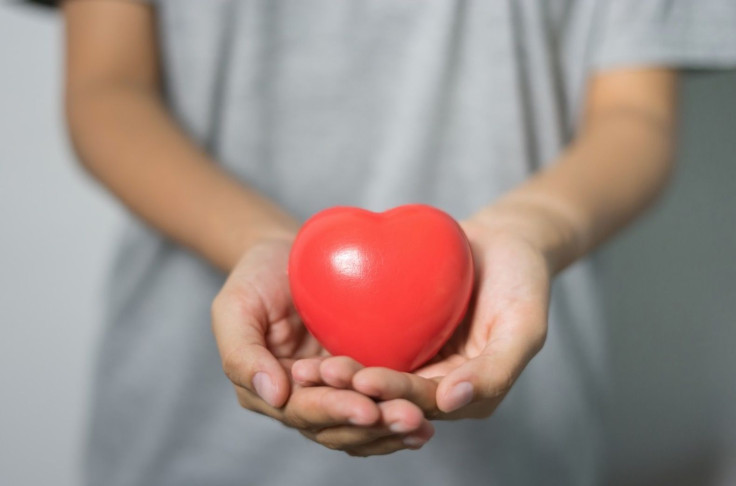Healthy Heart? Thank Broccoli

Love them or hate them, green vegetables are an important part of our diets. New research from Edith Cowan University in Australia shows that cruciferous vegetables specifically are important for the health of our blood vessels.
So what are cruciferous vegetables and do we really need to eat them? Cruciferous vegetables are a family tree of salad bar heavy hitters. They are everything from the common broccoli, to the spicy turnip, to the more unusual kohlrabi.
The researchers studied a group of 684 older women whose average age was 75 years. Using a food frequency questionnaire, the women reported their vegetable consumption for the previous 12 months, including cruciferous vegetables, focusing on cabbage, Brussels sprouts, cauliflower and broccoli.
The results showed that the women who ate more of these vegetables had lower chances of developing calcified, or hardened, arteries. Women who ate more than about 45 grams a day of the veggies were 46% less likely to have lots of calcification in their hearts than women eating only 15 grams a day.
Calcification of blood vessels happens when the body accumulates fat and calcium along the sides of the vessels. This hardens and narrows them and can be predictive of strokes and heart attacks.



























